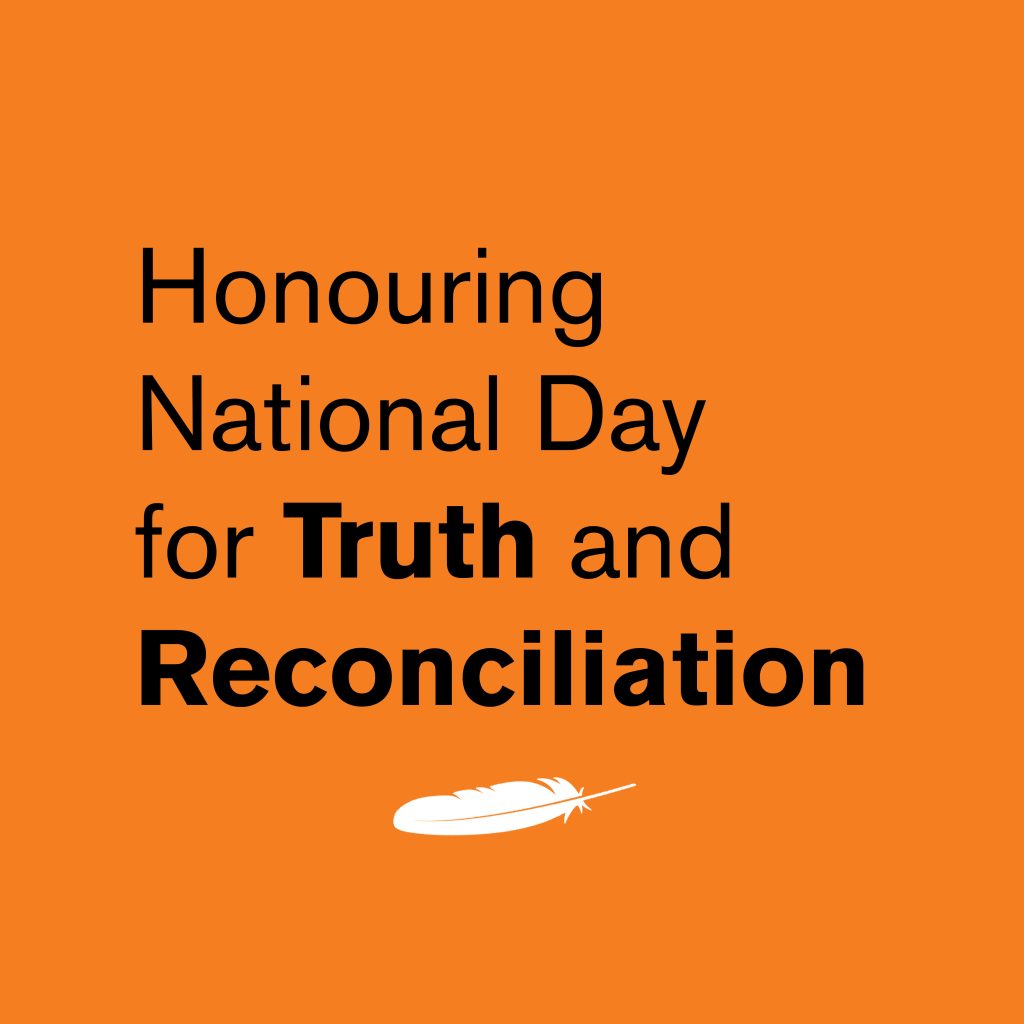The Newsroom
Honouring the National Day for Truth and Reconciliation
The Figure 1 office will be closed today, September 30th, to observe the National Day for Truth and Reconciliation.
We are honoured to continuously learn from, and work with, the Indigenous writers, artists, and creatives we have published books with over the years. We invite readers, collaborators, and publishing partners across territories to join us in working toward a more just relationship between colonial institutions, First Nations, Métis, and Inuit communities, and the land on which we and all future generations depend.
We invite you to honour this day in your own way, whether that’s attending a community event or reading a book by an Indigenous author.
Here are some ideas:
- Attend a National Day for Truth and Reconciliation event near you
- Read the Truth and Reconciliation Commission report. BookNet Canada’s 2021 blog post Taking action towards reconciliation in the book industry, is a helpful resource for reading the Truth and Reconciliation Commission’s findings and calls to action with a publishing lens.
- Make a donation to the Indian Residential School Survivors Society
- Sign up for a free course on the topic, such as Indigenous Canada at the University of Alberta
- Read a book, watch a movie, or listen to a podcast about the topic. The National Film Board of Canada has a collection of Indigneous-made films available to stream.
In a recent CBC article, Dr. Robyn Bourgeois, a nehiyaw iskwew (Cree woman) with mixed ancestry, and the Vice Provost of Indigenous Engagement at Brock University, says that in marking the National Day for Truth and Reconciliation, small actions matter—no one has to “go out and change the world” on Sept. 30. She says to think about “where are you in your life” and considering ways to help.
“Maybe that is teaching your kids about Orange Shirt Day and what this day means,” Bourgeois says in the CBC article. “Maybe it’s supporting Indigenous communities whether it be attending events or donating to our friendship centres or spending time volunteering.”
She says to consider helping in bigger ways where possible. “Maybe you are in an organization and have the ability to get your co-workers involved in learning about this and deciding what they could do to help.”
